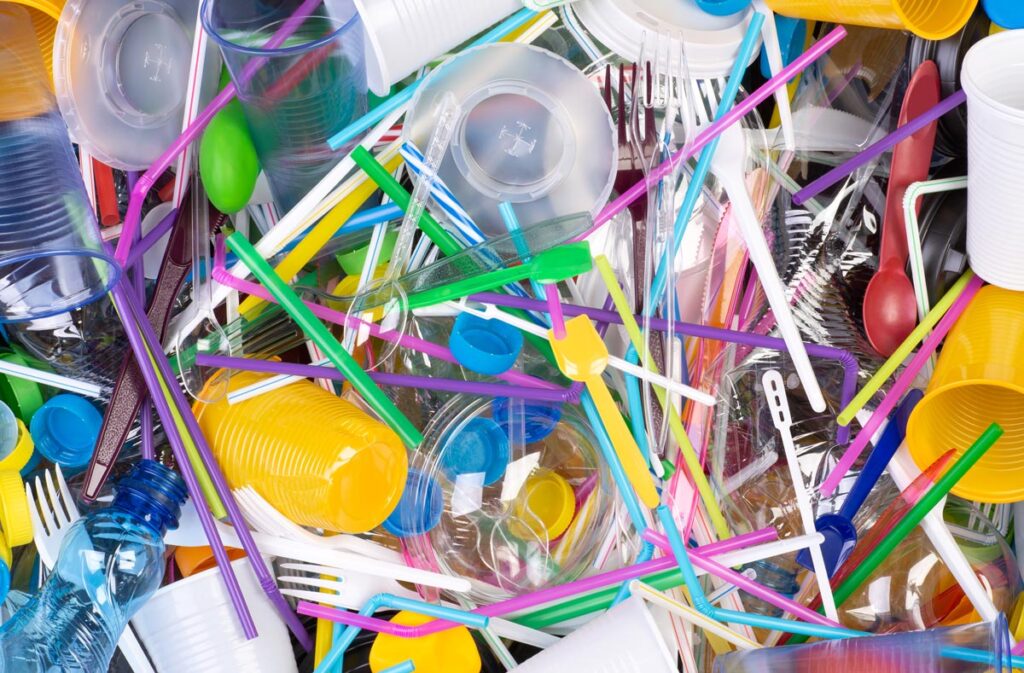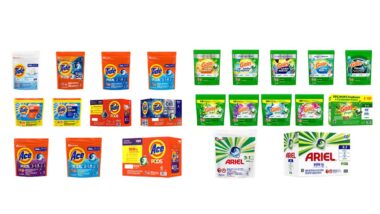Top Class Actions’s website and social media posts use affiliate links. If you make a purchase using such links, we may receive a commission, but it will not result in any additional charges to you. Please review our Affiliate Link Disclosure for more information.

Canada single-use plastic ban overview:
- Who: Canada banned six categories of single-use plastic items.
- Why: The government says these items are hard to recycle and commonly found in the environment where they can harm wildlife and habitat.
- Where: The single-use plastic ban went into effect throughout Canada on Dec. 20.
As of Dec. 20, the Canadian government banned six categories of single-use plastic items, Global News reports.
The ban prohibits the manufacture and use of the following six categories of single-use plastics:
- Checkout bags
- Cutlery
- Plastic food service cups and containers
- Beverage ring carriers
- Stir sticks
- Straws
Canada banned these items because they are hard to recycle, commonly found in the environment where they can harm wildlife and can be replaced with alternative products, according to Global News.
The single-use plastic ban will occur in stages. The ban on the manufacture and import of beverage container ring carriers will take effect in June 2023. The sale of these single-use plastic items will not be prohibited until December 2023 to give businesses time to transition and use up their current stocks. Export of the banned Canada single-use plastic items will be prohibited by the end of 2025.
The ban on Canada single-use plastic is part of the country’s effort to achieve zero plastic waste by 2030, Global News reports.
Canada single-use plastic ban to reportedly help protect wildlife, habitat
Environment Canada claims Canadians throw away more than 3 million tonnes of plastic waste each year. Only 9% of the plastic waste is recycled, and the remainder reportedly ends up in landfills, waste-to-energy facilities or in the environment, where it can threaten wildlife, rivers, lakes and oceans.
“With this ban, and our participation toward achieving a global treaty, we’re joining the global effort to reduce plastic pollution and protect our wildlife and habitats,” Steven Guilbeault, minister of environment and climate change, said in a statement. “There is a clear linkage between a world free of plastic pollution and a sustainable world, rich in biodiversity – a world that also best supports the health and economic security of Canadians, protects our environment and helps in the fight against climate change.”
In related climate news, earlier this year, the Supreme Court of Canada declined to hear an appeal for a class action lawsuit arguing the federal government is failing to do enough to combat climate change.
What do you think of the Canada single-use plastic ban? Join the discussion in the comments!
Don’t Miss Out!
Check out our list of Class Action Lawsuits and Class Action Settlements you may qualify to join!
Read About More Class Action Lawsuits & Class Action Settlements:
- Quebec judge greenlights class action from Nunavik crime victims
- Epic Games slapped with class action in Canada over claims Fortnite game is ‘highly addictive’
- Ontario COVID-19 vaccine management system breach exposes 360K residents’ data
- 3M recall announced for Scotch Thermal Laminator due to fire hazard
















